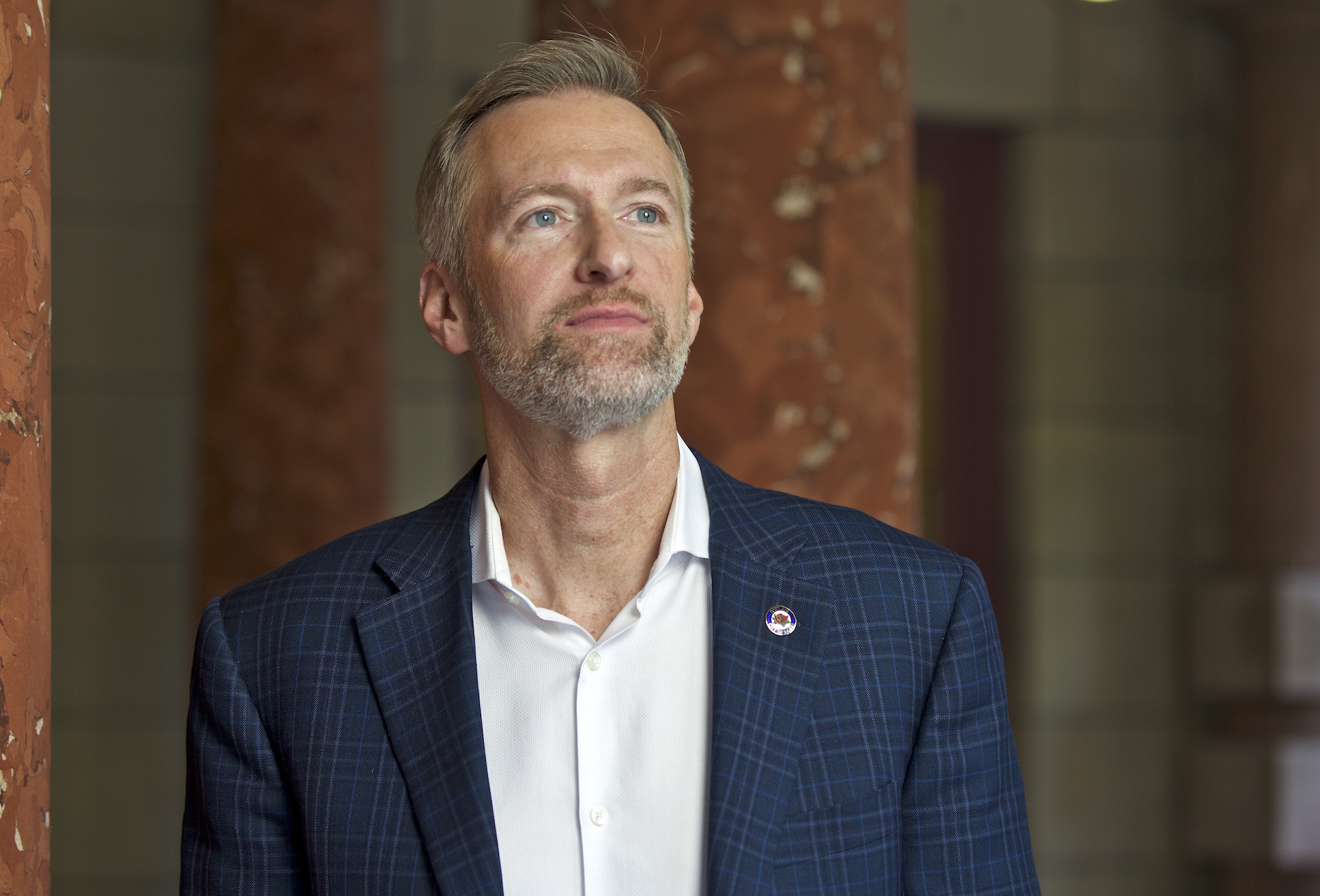With COVID-19 forcing Americans to stay at home for the majority of 2020, Netflix and other streaming services have been a lifeline during this dumpster fire of a year. Netflix, in particular, did not disappoint with its new horror releases this Halloween season. While many people are obsessed with The Haunting of Bly Manor, I’ve been catching up on the slightly less mainstream horror show, Paranormal.
Paranormal is based on the popular Ma Wara’ al-Tabi’a book series by the late Egyptian author Ahmed Khaled Tawfik. It’s the first Egyptian show produced by Netflix and only the third Netflix-produced show from the Middle East. Tawfik is widely considered the first Arabic horror writer, and his Egyptian fans affectionately refer to him as their godfather.
Somewhat unusually for a foreign live-action series, Paranormal features an English dub rather than just subtitles. It takes a moment to get used to the actors’ mouths not quite lining up with their words. That’s ultimately a barrier worth getting past, though—Paranormal is an amazing and terrifying series.
Over the course of his career, Tawfik wrote over 500 books, all while working as a tenured professor. Paranormal‘s main character, Dr. Reffat Ismail, is also a professor, making it easy to draw parallels between Ismail and Tawfik himself.
In the show, Ismail’s musings are often self-deprecating, and the character has an overall apathy for life. In one scene, Tawfik narrates his thoughts: “I don’t know what is more pathetic: a mouse stuck in a maze, those miserable students or me.” This excerpt is emblematic of the series’ unique tone—dry comedy balancing out more conventional horror.
Tawfik charted a new path as the first horror writer in the Arab world. It took several attempts to get his books published, as Egyptian publishers did not believe that an Egyptian audience would be interested in reading books in the genre. However, Tawfik thought that Egypt’s youth would be interested in his books—and this was the audience for whom he was writing. According to Tawfik, “older readers tend to prefer facts or truths rather than imagination, because this is part of the Arab culture.”
Paranormal captures this aspect of Arab culture. For example, Ismail has been haunted by a ghost for 30 years, but refuses to accept the existence of the paranormal. He convinces himself that all supernatural sightings have logical explanations or are just his imagination. “Why pretend there is a spirit moving the curtains when we know it is just the wind?” he wonders.
When a friend of Ismail’s young son starts seeing the ghost that has haunted Ismail for 30 years, he attempts to convince the young boy that it is just his imagination, but the young boy can’t deny the entity’s existence. This could be interpreted as symbolism for Tawfik’s career as a horror writer: while there might not be a huge appetite for horror novels among Egyptian adults, young readers embraced Tawfik’s books with open arms, devouring the terrifying worlds and yarns he crafted.
One of Paranormal’s more unsettling aspects is the idea that even when you’re staring it in the face, the supernatural must adhere to some logical, alternative explanation. While Paranormal is terrifying in many respects, it’s subtler elements tend to linger. Paranormal looks to introduce an entirely new generation of horror buffs to Tawfik’s disturbing and enduring vision. Just remember to sleep with the lights on.







thanks for sharing good information on paranormal